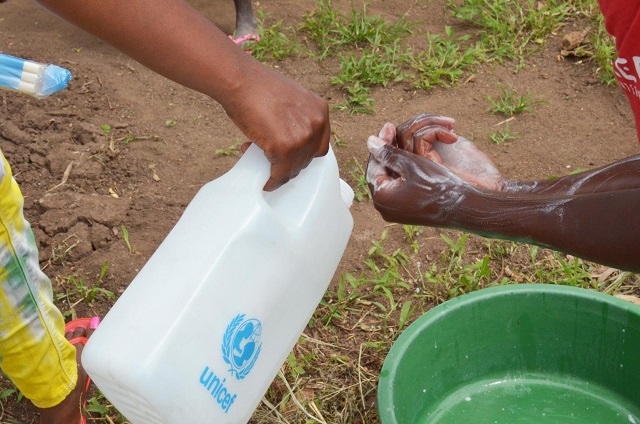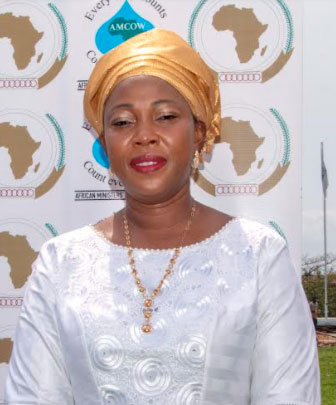
Time has come to highlight that adequate water, sanitation and hygiene are essential components of basic preventive health services as these are primary drivers of public health
COMMENT | By Fatima Maada Bio | Access to handwashing with soap is a foundational component of healthy schools. Good hygiene practices help ensure children are healthy, so they can attend class and learn.
The availability of handwashing stations and menstrual hygiene facilities including soap and water also helps girls manage their hygiene.
When girls miss school during their menstruation due to inadequate hygiene facilities, it interrupts their education resulting in reduced academic performance, delays in social development, and reduced future earning potential.
Today, over 398 million people in Sub-Saharan Africa lack access to improved reliable drinking water sources with over 600 million without access to basic sanitation services.
In the same vein, 620 million children do not have decent toilets in school while around 900 million do not have access to adequate hygiene services, including soap in nearly half of all schools according to a report by UNICEF and WHO.
Recently the world was hit by COVID-19, and currently, there is no cure for it. However, one of the key protection measures to slow down or stop the spread of the virus is handwashing with soap or the use of appropriate hand sanitizers.
Time has come to highlight that adequate water, sanitation and hygiene are essential components of basic preventive health services as these are primary drivers of public health.
One of my missions as the Africa Champion for Sanitation and Hygiene is to campaign to improve hand and menstrual health and hygiene and sanitation in Africa by working with AMCOW which has been tirelessly working to improve the prioritization of water and sanitation in the continent.
Today is #GlobalHandwashingDay.
Here’s how to #WashYourHands properly.
Use soap and water for at least 40-60 seconds. pic.twitter.com/4yKoJpkxaM— World Health Organization (WHO) (@WHO) October 15, 2021
AMCOW has recently coordinated the development of the African Sanitation Policy Guidelines (ASPG) which provides the necessary guidance to enable African countries to develop WASH policies that can provide the necessary foundation for improving access to sanitation and hygiene services to all and, as a result, enable health systems to improve Africa’s resilience to pandemics such as the COVID-19.
On this Global Handwashing Day, I call on Governments in both the developing and donor countries across the world to act with urgency and implement existing national, regional and global commitments that are aimed at achieving universal access to WASH by 2030.
Let us all join hands to continue planning for the future as we strengthen the COVID-19 response and accelerate the pace to full recovery.
 Mrs Fatima Maada Bio is First Lady of Sierra Leone and Africa Champion for Sanitation and Hygiene
Mrs Fatima Maada Bio is First Lady of Sierra Leone and Africa Champion for Sanitation and Hygiene
 The Independent Uganda: You get the Truth we Pay the Price
The Independent Uganda: You get the Truth we Pay the Price



